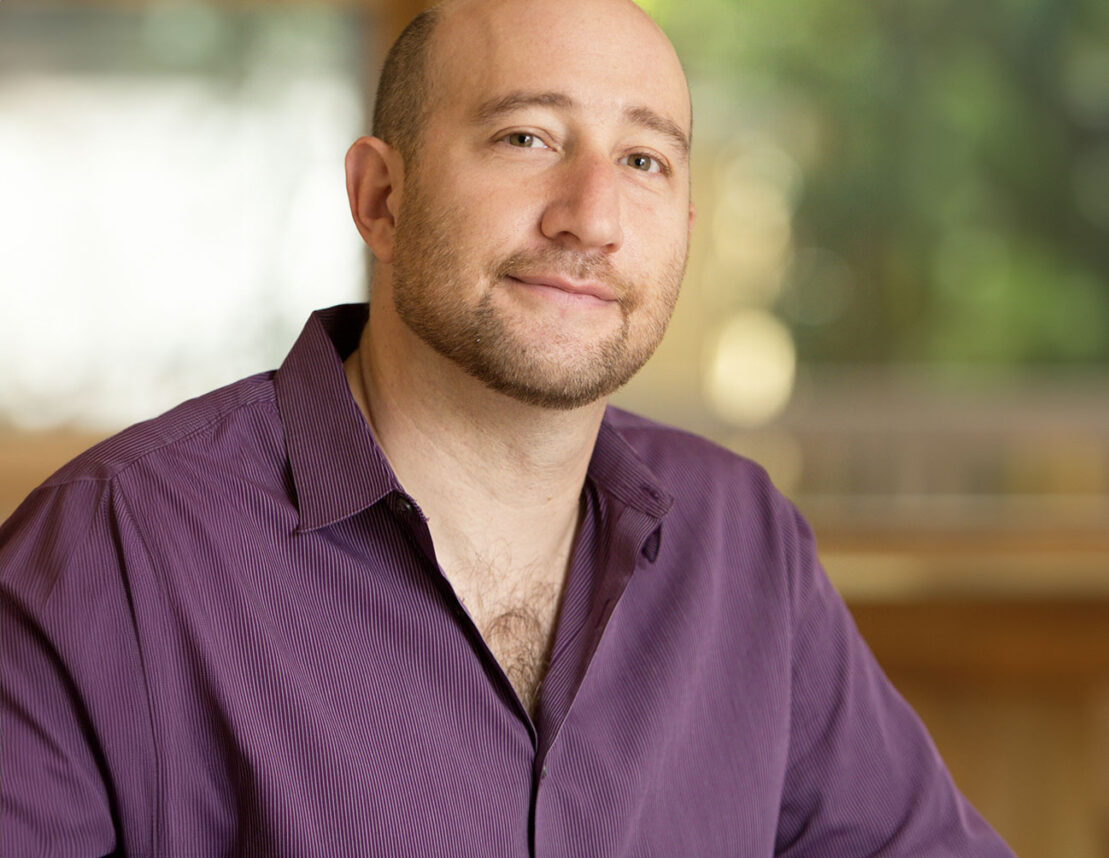Robert J. Lieber is Professor of Government and International Affairs at Georgetown University, where he has previously served as Chair of the Government Department and Interim Chair of Psychology. In addition, he chairs the Executive Committee of Georgetown’s Center for Jewish Civilization. He is author or editor of seventeen books on international relations and U.S. foreign policy and has been an advisor to presidential campaigns, to the State Department, and to the drafters of U.S. National Intelligence Estimates. He was born and raised in Chicago, received his undergraduate education at the University of Wisconsin and earned his Ph.D. at Harvard. He held fellowships from the Guggenheim, Rockefeller and Ford Foundations, the Council on Foreign Relations, the Woodrow Wilson International Center for Scholars, and the Smith Richardson Foundation. He also has taught at Harvard, Oxford and the University of California, Davis, and has been Visiting Fellow at the Fondation nationale des sciences politiques in Paris, the Brookings Institution in Washington, and Fudan University in Shanghai.
The following exchange will focus on Professor Lieber’s new book Retreat and its Consequences: American Foreign Policy and the Problem of World Order (Cambridge University Press, 2016).
***
Dear Professor Lieber,
Your new book focuses on America's retreat from the world and on its consequences. I'd like to use the first introductory round to clarify the basics: “retreat” is a very charged word, often used in the context of losing a battle and giving up on a fight. America's current tendency to reallocate its vast resources and to avoid military conflict could be described in many different ways. Why do you describe it as a retreat, and what exactly do you mean by the term?
Yours,
Shmuel.
***
Dear Shmuel,
In using the term “retreat” I refer to a pronounced shift in policy and strategy that has been taking place over a period of nearly eight years. The words retrenchment and selective disengagement can also be used to describe this change. But however it is labelled, the United States gradually but unmistakably has been pulling back from its longstanding international role.
This policy change has been driven by President Obama’s own beliefs, but also by public disillusion with the results of long wars in Afghanistan and Iraq, as well as by complex policy dilemmas, the intractability of regional problems, economic and budgetary constraints, and the rise of China and other regional powers. And it has been rationalized and applauded by realists from the academic and policy worlds.
Where it has taken place, retrenchment has been pursued in the belief that doing so could reduce conflict, motivate local actors to counterbalance against regional threats, encourage the international community to “step up” in assuming the burdens of regional stability, promote global order, protect America’s own national interests, and allow the U.S. to focus on nation building at home. Yet the results of this policy strongly suggest that it has had the opposite effect. In particular, it has damaged America’s credibility, emboldened our adversaries and worried or even alienated our friends and allies.
Retreat and retrenchment also pose a sharp contrast with America’s role over most of the past seventy years. From World War II through the latter part of the past decade, the active foreign policy engagement and leadership of the United States was widely seen as essential for its own security, the security of its allies, and the maintenance of a stable and relatively liberal world order. America’s international role was vital in creating and sustaining international institutions, underpinning regional stability, providing the deterrence, defense, and reassurance upon which allies depend, working to prevent nuclear proliferation, underpinning the global economy, promoting economic development and trade liberalization, supporting environmental protection, and often – through not always – advocating for human rights and democratization. In this unique capacity, the United States led, defended and promoted liberal democracy and market economies along with the norms and rules of the existing international economic order, the durability of which is so widely taken for granted today.
In practice, of course, the retreat process has been uneven and more subtle in some areas and functions than in others. Moreover the Obama administration has used force selectively and continues to do so. It took part in air attacks against the Libyan regime of Muammar Kaddafi in 2011. It undertakes drone strikes throughout the wider Middle East. It has slowed the drawdown of forces from Afghanistan, returned military advisers to Iraq, and has undertaken limited airstrikes and Special Forces operations against al Qaeda and ISIS in Iraq, Syria, Libya, and Somalia. Nonetheless, the Obama inclination has, more often than not, been one of disengagement, conciliation of adversaries, and aversion to the use of American power.
Disorder has many causes, but the United States now faces a more dangerous world with the rise of hostile powers, fanatical terrorist movements, and worsening regional conflicts in Eastern Europe, the Middle East, and Asia. Meanwhile, our allies seek reassurance or begin to hedge, while senior military and intelligence leaders warn of increasing domestic threats. The evidence of recent years provides strong evidence that America’s active engagement remains crucial both for the maintenance of a liberal world order and our own security and national interests.























 More news and opinions than at a Shabbat dinner, right in your inbox.
More news and opinions than at a Shabbat dinner, right in your inbox.